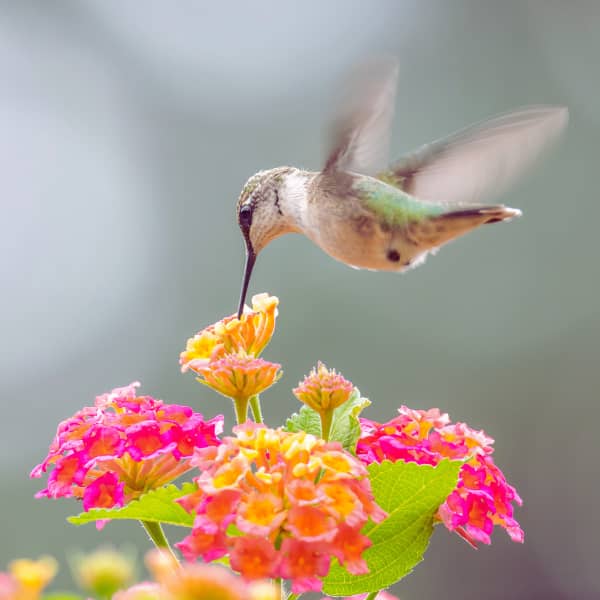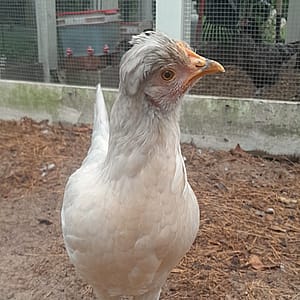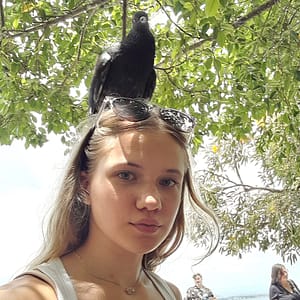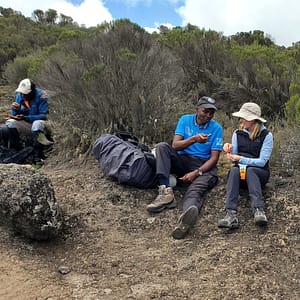
I love birds. I love listening to them and watching them flutter around the yard. We have a family of cardinals that makes our viburnum hedge their home each year and a pair of swallows that always nest in the wreath on our front door. Whenever we see a bird that we don’t recognize, one of us will run to the bookshelf in the living room to find our North American bird book, and we’ll frantically flip through to figure out what the new discovery is.
Yes, birds are beautiful, with so many different colors, sizes, and of course their lovely calls. Delightful whistles, chirps, and songs . . . except when it is the middle of the night.
You know how sometimes you wake up and don’t know what time it is? For me, I have a couple of cues that I use to determine the time. First, I inhale to see if I smell coffee. If there isn’t an aroma of coffee, I look for a few streams of sunlight from the edges of our blackout curtains. If neither of those check out, I listen for the sounds of birds beginning to wake up in the morning. If I smell, see, or hear any of those, then I feel like I have some clue that morning has arrived. However, for the past few weeks on random nights, we have heard a chatter of birds outside our bedroom window. Whenever I hear them, my mind says, “Time to get up,” and then I look at the clock and realize that it is 1:45 in the morning and nowhere near time to be out of bed.
Both Kim and I were lying awake the other night, just listening to the chirping. We aren’t sure what is happening. Maybe a rat or a mouse is trying to get into a nest. Maybe there is a new species of nocturnal birds that we weren’t aware of. Either way, as much as I love birds, I wish these little guys would keep quiet during the night. Even the chickens don’t make any noise until the sun comes up.
Fortunately, they’ve quieted down this week and we’ve gotten some much-needed sleep. And even this little nighttime concert won’t stop me from planning my landscape with birds and wildlife in mind. A few of our tips are below. We can’t promise that it won’t bring birds of the night to your yard, but it will let you go a little wild.
Gardening for Wildlife:
Get ready to get wild in your garden. Okay, you don’t have to go crazy, but one of the things that many of us love about the outdoors is the fact that you see so many cool critters. Besides all types of birds, we often see bunnies, squirrels, hawks, woodpeckers, and vultures, just to name a few. That doesn’t even start on the lizards, frogs, butterflies, and bees. When our yards and gardens are planted not just for us to enjoy, but for all of the earth’s creatures, it can make it a really amazing place to enjoy nature. Below are some of our tips for attracting wildlife to your yard. Feel free to get as wild as you like. That’s what fences are for, right?
1) Don’t be Neat – I know your HOA says that everything has to be perfectly maintained and weed-free. That, unfortunately, is not the way to attract wildlife to your yard. Allowing little areas here and there to become overgrown and unkempt gives little critters a place to shelter and hide. It doesn’t have to be your entire yard, so find a spot that is a little more out of sight and let it go back to its natural state.
2) Avoid Pesticide Use – When we spray plants for bugs, we inevitably introduce pesticides into the food chain. Bugs ingest pesticide, birds and critters eat bugs, and so on. Consider using natural and organic options such as Neem Oil to treat insect issues when you do have a bug issue that requires attention. And when you can, limit the use of pesticides altogether. Bugs provide a great source of food for lizards, birds, and even other cool bugs.
3) Plant a Tree – There is never a bad time to plant a tree. They add value to your home, they keep your garden cool and shaded, and who doesn’t love a picnic under the arching branches of a stately oak or towering maple. And you aren’t the only one who will enjoy it. All manner of creatures call trees home. Bees and butterflies, squirrels and birds of all shapes and sizes, we even have a family of racoons that sleeps in the upper canopy of our oak trees. Without trees, you won’t find a lot of wildlife around.
4) Plant Natives – Many native plants are natural food sources for wildlife in the form of leaves, roots, flowers, berries and, seeds. Where possible, add natives into your landscape to keep your garden as close to the landscape wildlife is used to as possible.
5) Enjoy – An outdoor game that we love to play with our girls is called Sit-Spot. You sit down and find a spot to look at in a tree or in the yard around you. Then you wait to see what you spot. You’ll be amazed at how areas of your yard that look vacant are really teeming with wildlife of all shapes and sizes. So after you’ve made sure that your yard is the place for wildlife to be, be sure to take time to enjoy the haven you’ve created for the wildlife around you.





